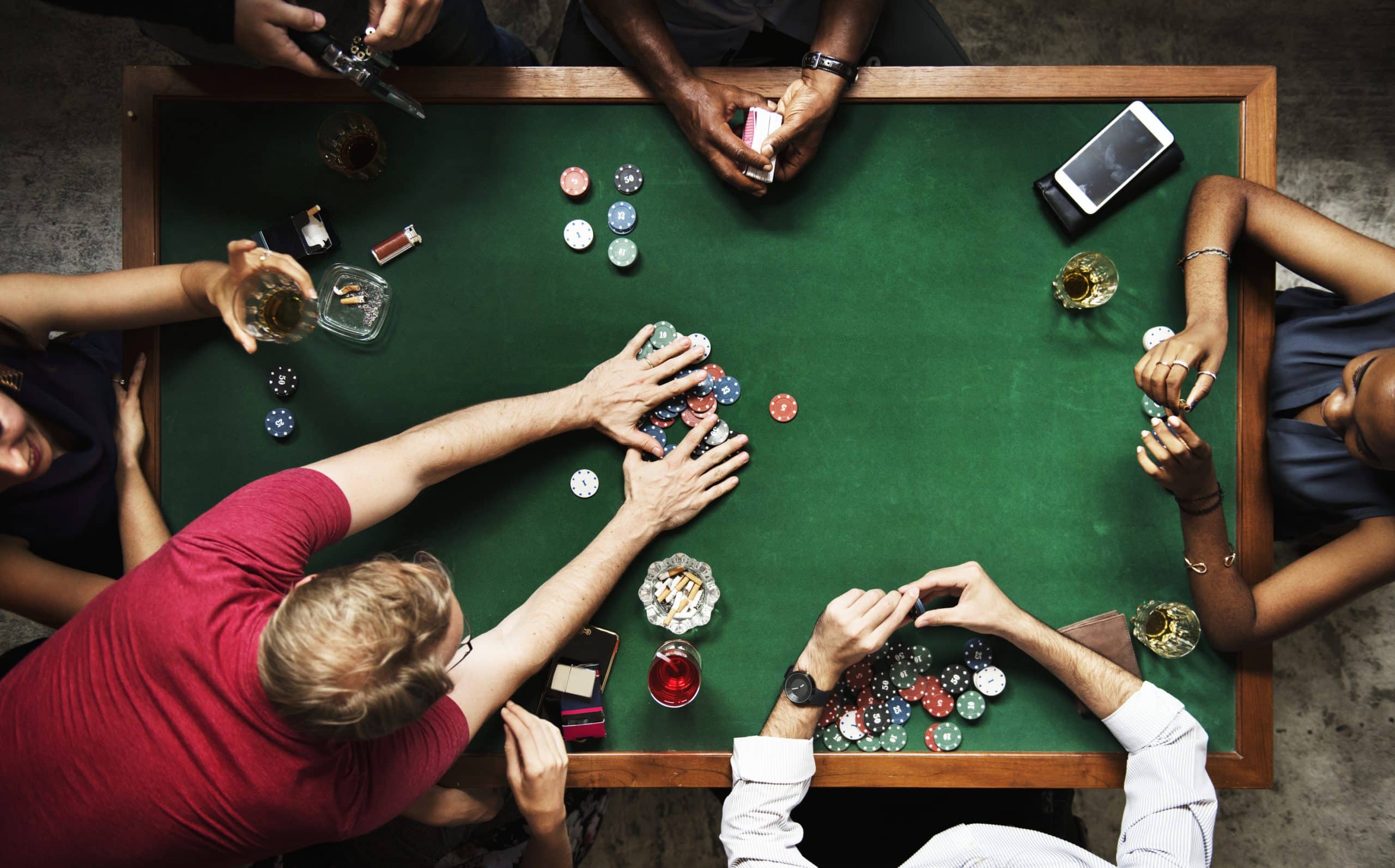What’s the Best Method for Socializing a Puppy with Children in a Controlled Environment?

The joy of adding a puppy to your family is often quickly eclipsed by the realisation that your adorable new pet requires a significant amount of training. This is particularly true when it comes to socialization, a crucial aspect of a puppy’s development that can shape their behavior throughout their lifetime.
Understanding the Importance of Socialization
Before we delve into the best methods to socialize a puppy with children, it’s vital to understand why socialization is essential. Socialization is the process through which your puppy learns about the world around them. They learn how to interact with other dogs, people, and various environments. It’s during this time the puppies will develop their core behavior habits, so it’s crucial these interactions are positive and guided correctly.
Also to discover : How to Train a Dog to Comfortably Wear Booties During Winter?
The goal of socializing your pet is to help them understand that the world is a safe place and that people, kids, and other dogs aren’t threats. This understanding leads to a decrease in fear-based behaviors like aggression and anxiety.
The Role of Children in a Puppy’s Socialization
Children play a unique role in a dog’s socialization process. They move, sound, and behave differently from adults. Therefore, it’s crucial for puppies to be exposed to children during their socialization period to prevent fear or aggression later in life.
This might interest you : What’s the Most Efficient Way to Set Up a Timed Feeding Schedule for Cats?
However, children also need to be educated about how to interact with puppies. They must understand the importance of gentle handling and respect for the dog’s space.
How to Start the Process of Socializing a Puppy with Children
To start the process of socializing your puppy with children, you’ll need to create a controlled environment. This is an environment where you can manage the interactions between your puppy and the kids, ensuring they are positive and helpful for your pet’s development.
You could use a room in your house, a fenced-off part of your yard, or even a puppy playpen. The idea is to have a space where you can monitor the interaction, intervene if necessary, and ensure the experience is a positive one for both the puppy and the children.
Using Positive Reinforcement
One of the best methods to use when socializing a puppy with children is positive reinforcement. This method involves rewarding good behavior with treats, praise, or playtime. It’s crucial to remember that puppies are still learning what is expected of them, so patience is key.
Make sure the children understand the concept of positive reinforcement. Encourage them to reward the puppy with a treat or praise when the dog behaves well. This will not only help with socialization but also teach the kids the basics of dog training.
Structured Playtime and Safe Interactions
Structured playtime is an excellent way for puppies to learn about acceptable behavior. This means having a set of rules for the puppy and the children to follow during playtime.
For instance, the puppy should learn not to jump on the kids or to bite during play. Similarly, the children should learn not to play too roughly with the puppy or pull on its ears or tail.
Safe interactions are key in this process. Children must understand that puppies are not toys and that they have feelings too. Teach the kids to approach the puppy calmly and to let the puppy come to them. This will help the puppy feel safe and secure during the interaction.
Introducing New Experiences and Environments
Finally, remember that socialization is not just about introducing your puppy to new people and dogs. It also involves introducing them to different environments and experiences.
Try to expose your puppy to a variety of settings where they might encounter children. This could be a park, a schoolyard, or even a busy street. The more experiences your puppy has, the more comfortable they will become with the world around them.
As with any training, the socialization of your puppy with kids should be a gradual process. Don’t rush it, and remember that every puppy is different. Some might take longer to feel comfortable around children, and that’s perfectly normal.
Ultimately, with patience, consistency, and a positive approach, your puppy will learn to see children as friends rather than threats. This will lead to a happier, more balanced dog, and a safer environment for everyone involved. However, the complexity of the process calls for professional guidance. Therefore, consulting with a professional dog trainer or behaviorist may also be beneficial. This professional help can offer further insights into your puppy’s behavior and provide personalized training strategies.
The Importance of a Gradual Approach and Regular Training Routines
When it comes to puppy socialization, one cannot overemphasize the importance of taking a gradual approach and establishing consistent training routines. This is particularly true when socializing a puppy with children. Puppies, like babies, have a short attention span and can easily get overwhelmed if introduced to too many new things at once.
Firstly, it’s vital to ensure that your puppy is healthy and fully vaccinated before beginning the socialization process. A sick or unvaccinated puppy may be more susceptible to stress and illness, which could derail the socialization process. Always consult with your vet to ensure your puppy is ready to meet new people and explore new environments.
Start by introducing your puppy to calm, well-behaved children in a controlled environment. Gradually increase the number of children and the level of activity. Remember, this is not a race; your puppy will let you know when they’re ready to move forward. Never force your puppy into a situation they’re not comfortable with.
Integrate regular training sessions into your puppy’s routine. This doesn’t have to involve formal training classes, although these can be very beneficial. Simple training exercises at home, such as sit, stay, or come, can be very effective in teaching your puppy to obey commands and behave appropriately around children.
Remember to use dog food or treats as a reward during these sessions. The use of positive reinforcement will help reinforce positive behaviors and make the training experience enjoyable for your puppy.
The Key Role of Adult Dogs in Your Puppy’s Socialization
Introducing your puppy to well-behaved adult dogs can also be very beneficial in the socialization process. Older dogs can teach puppies how to behave around children, especially if these adult dogs are already comfortable and well-behaved around kids.
Remember to supervise all interactions between your puppy and adult dogs, especially in the beginning. If the older dog shows signs of stress or aggression, remove your puppy from the situation immediately.
Keep in mind that the purpose of these interactions is for your puppy to learn positive behaviors, not to be scared or bullied. With time, your puppy will learn to mimic the behaviors of the adult dogs around them. This can expedite the process of socializing your puppy with children.
Conclusion
Ultimately, successfully socializing a puppy with children is a comprehensive, gradual process that involves educating both the puppy and the kids. It requires patience, consistency, and a lot of positive reinforcement.
Structured playtime, safe interactions, exposure to a variety of environments, and experiences all contribute to building a well-rounded and sociable dog. Introducing adult dogs into the mix can also be beneficial, as they can model appropriate behavior around children.
Every puppy is unique, and therefore the process and timeframe for socialization will vary. It may also be beneficial to consult with a professional dog trainer or behaviorist who can provide personalized training strategies and further insights into your puppy’s behavior.
Overall, the goal is to foster a positive relationship between your puppy and children, ensuring a happy, balanced dog and a safe environment for everyone involved. With the right techniques and approach, your puppy will grow to see children as friends rather than threats, creating a harmonious and loving relationship for years to come.
